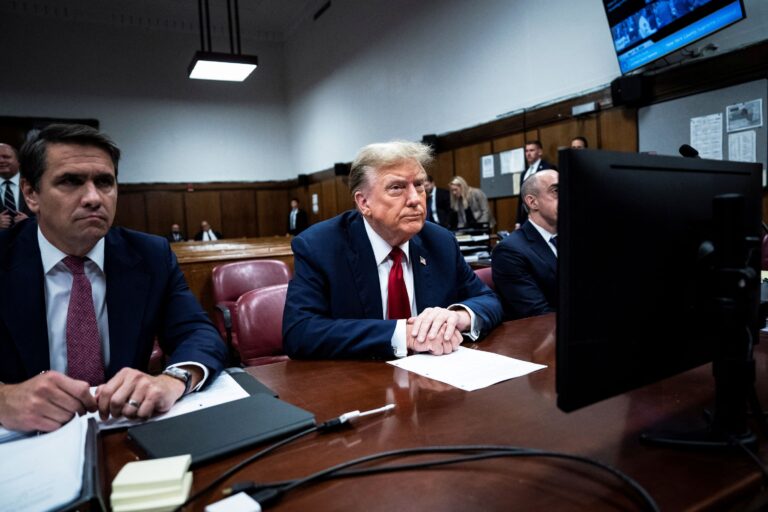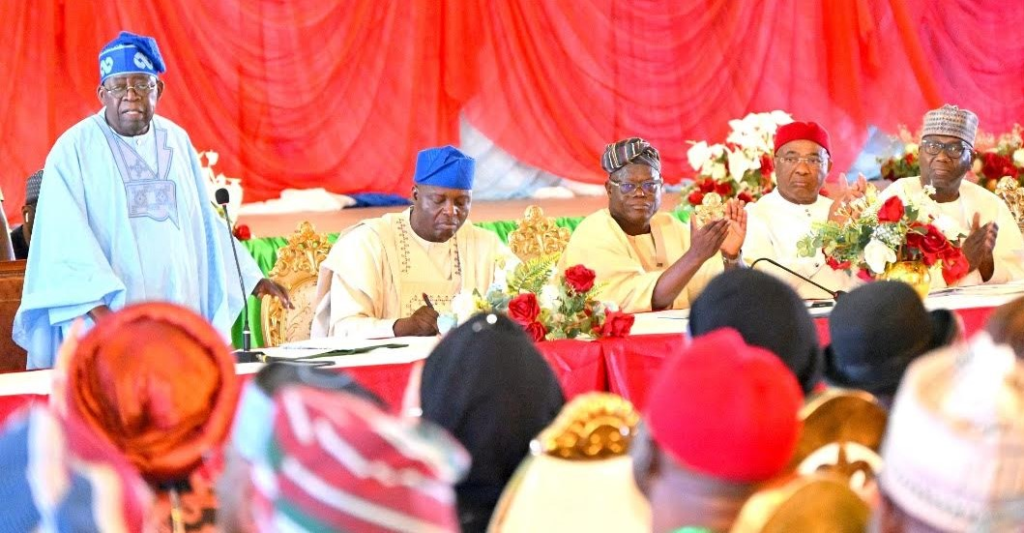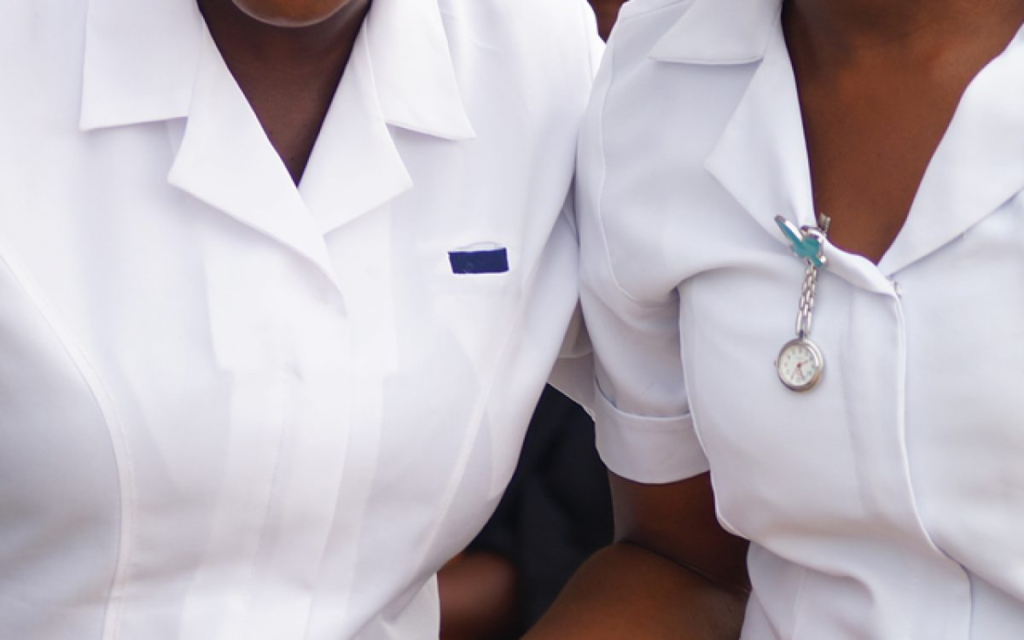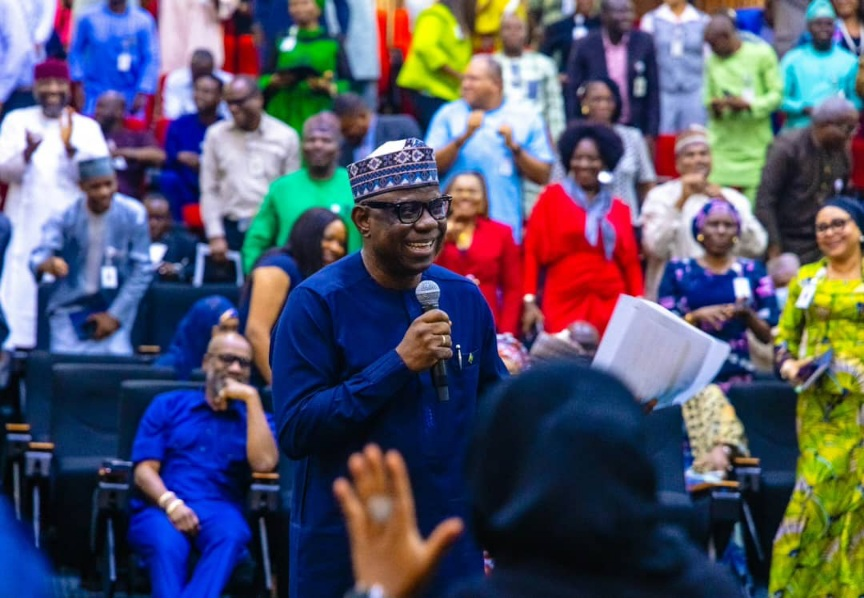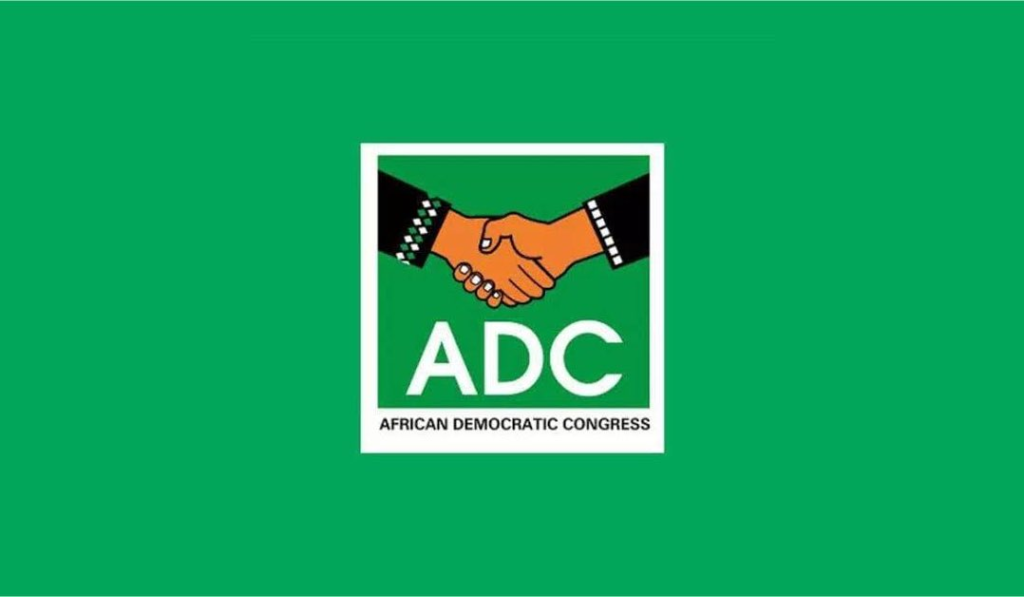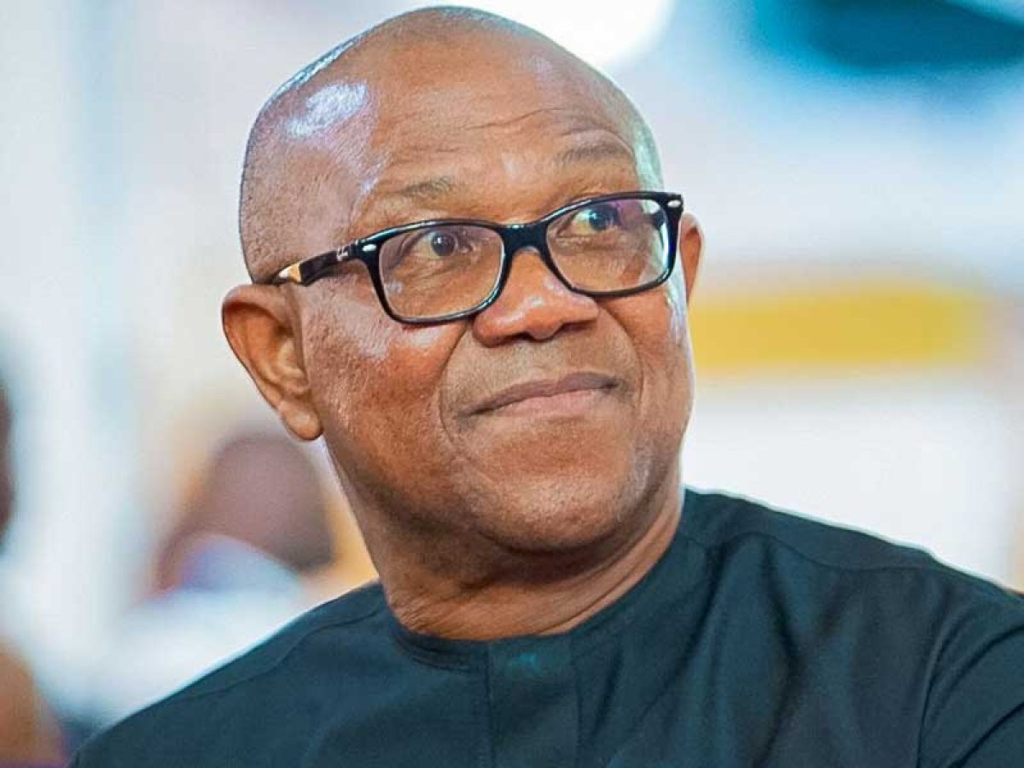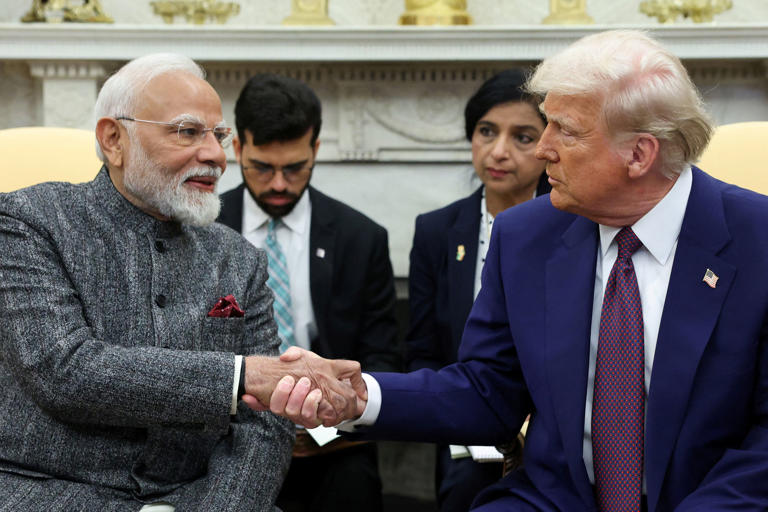A 40-year-old New Yorker was unexpectedly summoned to report for jury duty this week and found himself in the initial group of 96 prospective jurors for the criminal trial of former US President Donald Trump.
Initially, he casually responded to a few screening questions, revealing that he worked in finance, enjoyed golfing in his free time, and favored podcasts like Barstool Sports. However, he was taken aback when faced with the most significant question of all: Could he impartially judge the defendant?
A 40-year-old New Yorker unexpectedly reported for jury duty this week and found himself among the first group of 96 prospective jurors for the criminal trial of former US President Donald Trump.
During the screening process, he mentioned that he worked in finance, enjoyed golfing, and listened to podcasts like Barstool Sports. However, he hesitated when asked if he could judge the defendant impartially due to spending significant time with Republicans and being raised in conservative-leaning Texas. He acknowledged the possibility of “unconscious bias.”
The prospective juror expressed doubts about his ability to remain impartial to Justice Juan Merchan, who promptly dismissed him from consideration.
Speaking anonymously to the BBC outside the courtroom, he expressed skepticism about finding an impartial jury in New York for the case.
“I want to believe that people can be impartial,” he said, “but I think it will be challenging in the state of New York.”
However, the court must find an impartial jury.
By Tuesday afternoon, the court had selected seven jurors considered suitable for the task, including a sales professional from Ireland serving as the jury foreman.
The other chosen jurors consist of two lawyers, an English teacher, a software engineer, and an oncology nurse.
However, it may take several additional days to fill the full 12-person jury and up to six alternate seats.
At one point, Justice Merchan cautioned against any attempts to intimidate jurors, noting that Mr. Trump was audibly muttering during the panel’s questioning.
As the selection process commenced on Monday, the magnitude of the challenge ahead became evident.
Mr. Trump has pleaded not guilty to 34 felony counts of falsifying business records.
The task now rests with 12 ordinary individuals to determine whether he is innocent or guilty, or whether a consensus cannot be reached.
Both prosecutors and Mr. Trump’s attorneys admitted in court that it’s nearly impossible to find an American—especially a New Yorker—without an opinion of Mr. Trump. The court may need to sift through hundreds of potential jurors to find the right ones for the job.

